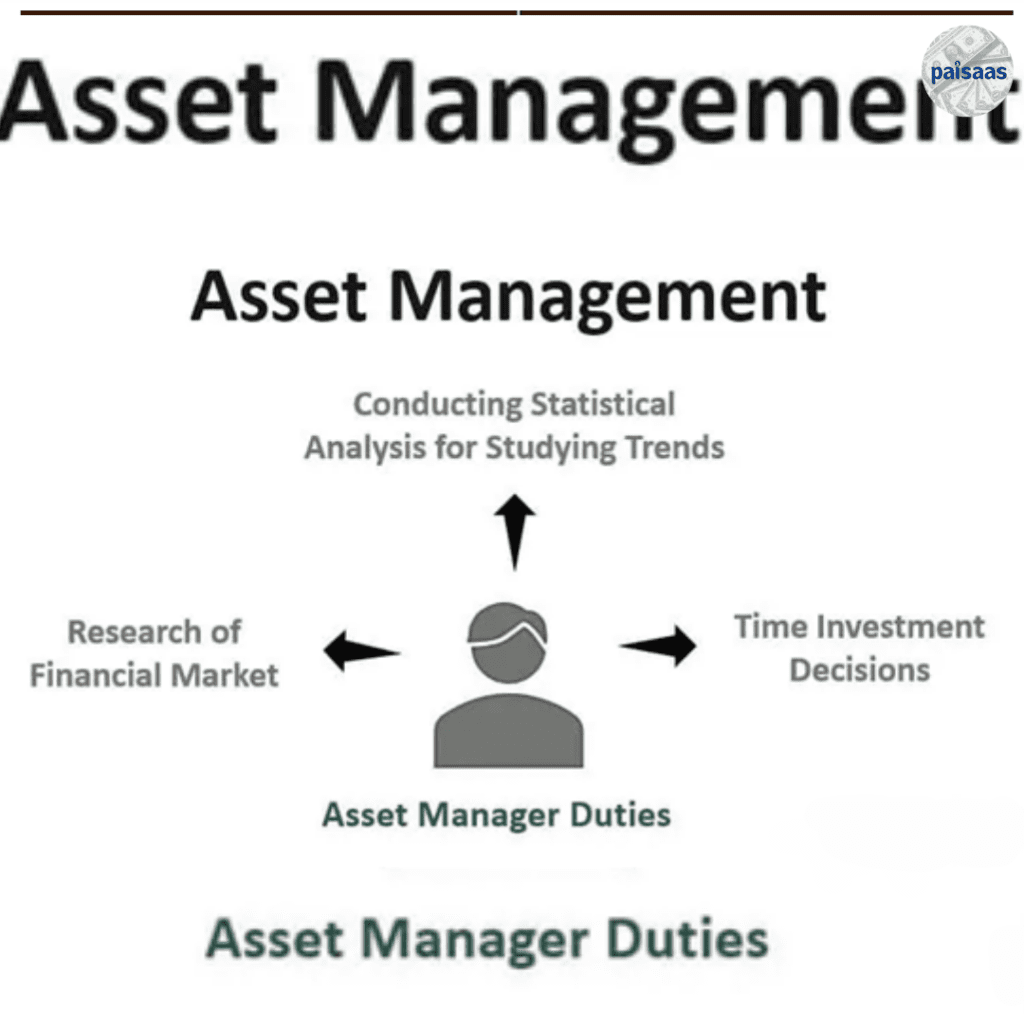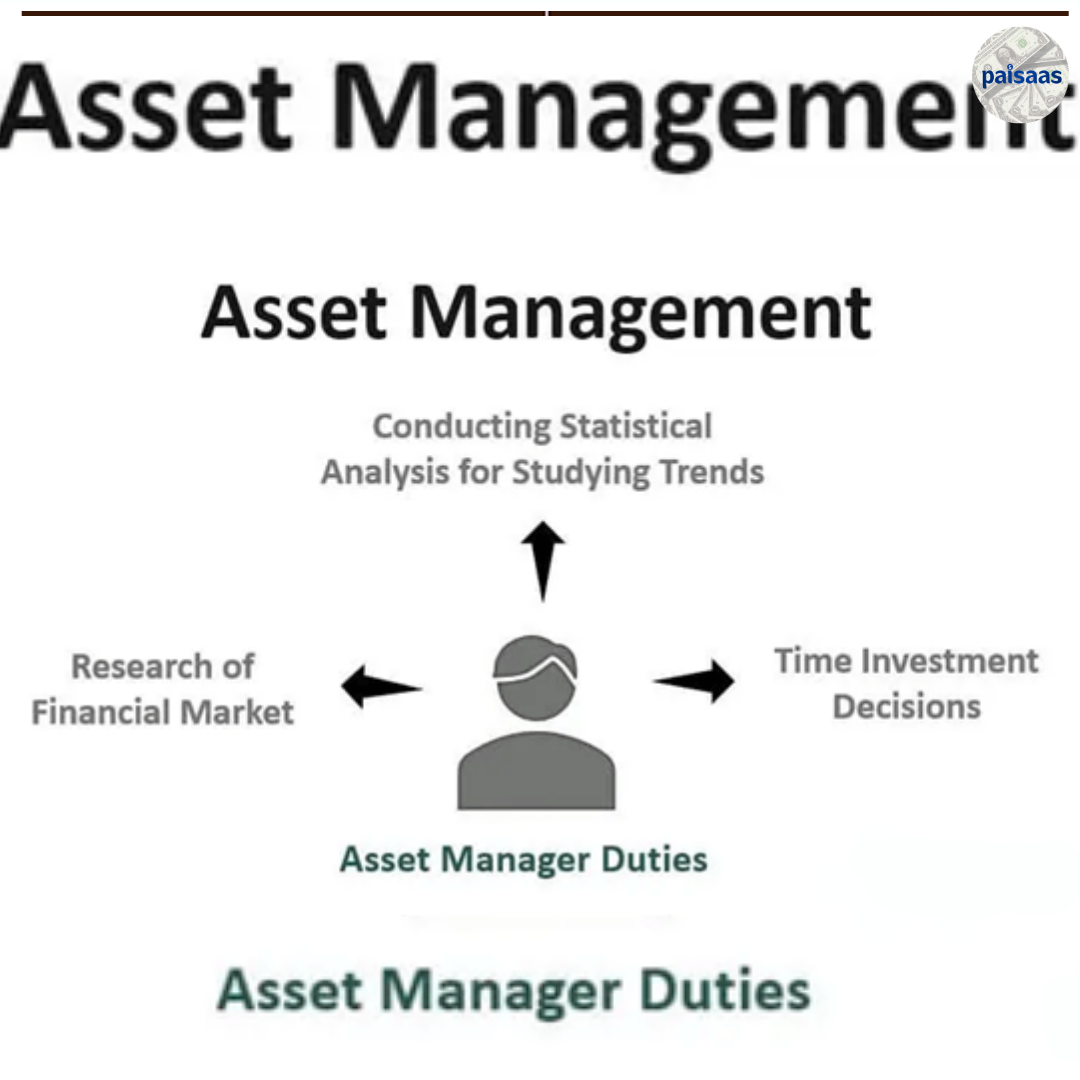

Navigating the World of Asset Management and Hedge Funds: Strategies, Opportunities, and Risks
Navigating the World of Asset Management and Hedge Funds: Strategies, Opportunities, and Risks
Introduction: Asset management and hedge funds play a crucial role in the financial landscape, offering investors a diverse range of investment opportunities. In this article, we will delve into the fundamentals of asset management and hedge funds, highlighting their strategies, potential returns, and associated risks. Let’s navigate this intriguing realm together.
Understanding Asset Management : Asset management refers to the professional management of various assets, including stocks, bonds, real estate, and commodities, with the goal of maximizing returns for investors. Asset managers, often representing financial institutions, employ different strategies to build and maintain diversified portfolios that align with their clients’ financial objectives. These strategies can range from conservative approaches, focusing on capital preservation and steady income, to more aggressive strategies, targeting high growth and capital appreciation. By leveraging their expertise and market insights, asset managers aim to generate sustainable returns while mitigating risk.
Exploring Hedge Funds : Hedge funds are investment vehicles that pool capital from accredited investors and employ a range of investment strategies to achieve above-average returns. Unlike traditional investment funds, hedge funds have greater flexibility in their investment choices and can engage in both long and short positions, utilize derivatives, and employ leverage. This flexibility allows hedge funds to generate returns irrespective of market conditions. However, it is important to note that hedge funds are typically reserved for high-net-worth individuals and institutional investors due to their sophisticated strategies and potential risks.
Strategies Employed : Asset managers and hedge fund managers employ various strategies to achieve their investment objectives. These strategies include value investing, growth investing, market-neutral strategies, event-driven investing, and quantitative strategies, among others. Value investing involves identifying undervalued assets with the expectation that their market prices will rise over time. Growth investing focuses on identifying companies with strong growth potential. Market-neutral strategies aim to generate returns by exploiting relative price movements, while event-driven investing focuses on capitalizing on corporate events such as mergers, acquisitions, or bankruptcies. Quantitative strategies involve using mathematical models and algorithms to make investment decisions.
Opportunities and Potential Returns : Asset management and hedge funds offer investors a wide range of opportunities for portfolio diversification and potential high returns. By accessing different asset classes, geographic regions, and investment styles, investors can benefit from potential upside and reduced risk through diversification. Hedge funds, in particular, with their flexibility and alternative investment strategies, have the potential to generate substantial returns. However, it’s important to note that higher returns often come with higher risks, and investors should carefully assess their risk tolerance and conduct thorough due diligence before investing in hedge funds.
Risks and Considerations : While asset management and hedge funds present attractive investment opportunities, it’s crucial to understand the associated risks. Hedge funds, with their complex strategies and use of leverage, carry higher levels of risk compared to traditional investment vehicles. Additionally, liquidity risk, counterparty risk, and market volatility are factors to consider. Furthermore, hedge funds are subject to less regulatory oversight compared to mutual funds, requiring investors to perform thorough due diligence and select reputable fund managers. It is advisable for investors to carefully assess their investment goals, risk tolerance, and seek professional advice before allocating funds to hedge funds or engaging in asset management.
Conclusion : Asset management and hedge funds offer investors unique opportunities to diversify their portfolios and potentially achieve attractive returns. However, they also come with inherent risks. By understanding the strategies, considering risk factors, and conducting due diligence, investors can navigate this complex landscape and make informed investment decisions, aligning with their financial goals.




